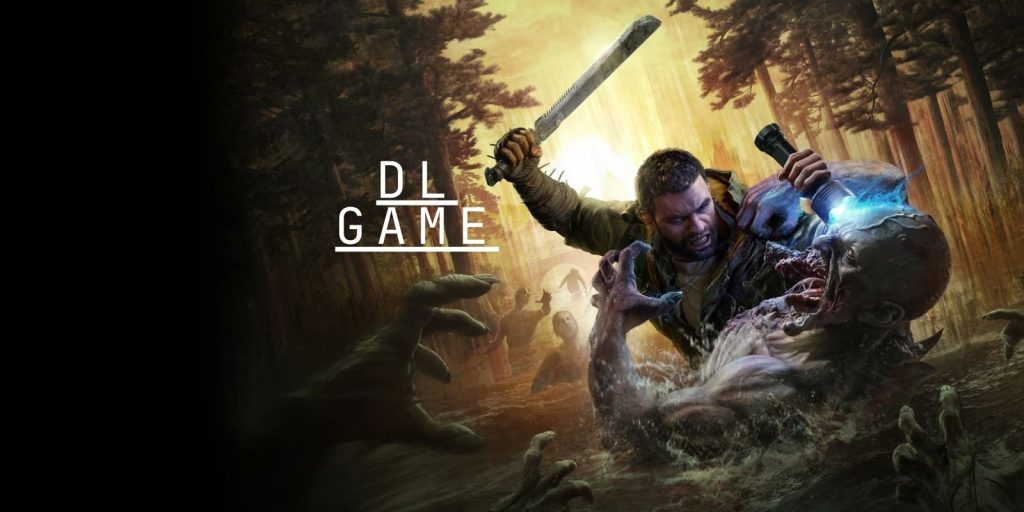Gone are the days of mandatory discs. Today, the dl game – the game acquired via download – is the dominant force in gaming. Whether it’s a sprawling AAA epic or a bite-sized indie gem, getting your game means navigating digital storefronts, managing massive files, and understanding your connection. Mastering the dl game process is essential for any modern player. Let’s break down how it works and address a common network mystery.
What is a DL Game? The Digital Shift
A dl game simply refers to a video game distributed primarily or exclusively via digital download over the internet. Players purchase or acquire a license, then download the game files directly to their device (PC, console, phone, tablet) before playing.
This contrasts with physical media (discs, cartridges), though even physical releases often require significant downloads for patches. The dl game model offers convenience, instant access, and vast libraries but demands storage space and bandwidth.
How the DL Game Works: From Store to Storage
Acquiring and playing a dl game involves several key steps:
- Digital Storefronts: Players browse and purchase games on platforms like:
- PC: Steam, Epic Games Store, EA App, Ubisoft Connect, GOG.com, Battle.net.
- Consoles: PlayStation Store, Microsoft Store (Xbox), Nintendo eShop.
- Mobile: Apple App Store, Google Play Store.
- License Acquisition: Purchasing grants a digital license tied to your account, not a physical item. This license verifies your right to download and play.
- The Download Process:
- Initiation: After purchase, you initiate the download. File sizes can range from <100MB (mobile) to 100GB+ (AAA PC/console).
- Data Transfer: Game files are transferred from the store’s servers (often via Content Delivery Networks – CDNs – for speed) to your device’s storage (HDD, SSD).
- Pre-Loading: For major releases, pre-ordering often allows downloading encrypted files days before launch. Decryption/unlocking happens at release time.
- Installation: Once downloaded, files are typically installed/unpacked onto your storage drive. This process prepares the game for execution.
- Patches & Updates: Post-launch, developers release updates (patches, DLC). These are downloaded and installed similarly, often automatically.
- DRM (Digital Rights Management): Many dl games incorporate DRM (e.g., Denuvo, platform-specific like Steamworks) to verify the license and prevent unauthorized copying/piracy. This can sometimes impact performance or require online checks.
Download Speeds & Optimizing Your DL Game
Speed depends on:
- Your Internet Connection: Bandwidth (e.g., 100Mbps vs 1Gbps) is crucial.
- Server Load: Popular launches can overwhelm store servers/CDNs, slowing everyone down.
- Your Location & CDN Proximity: Distance to the nearest CDN node affects latency and speed.
- Local Network: Wi-Fi congestion, router quality, or other devices using bandwidth can throttle speeds. A wired Ethernet connection is often best for large downloads.
- Platform Settings: Stores often have bandwidth limiters (check settings) and may prioritize downloads when the device is idle.
Why Are DL Speeds Limited for Pirated Games? The Torrent Trap
This secondary keyword addresses a common frustration in illicit channels. “Why are dl speeds limited for pirated games?” stems from how pirated games are typically distributed:
- P2P Reliance (Torrents): Most pirated games use peer-to-peer (P2P) protocols like BitTorrent. Download speed depends on:
- Seeders: Users who have the full file and are uploading (seeding). Fewer seeders = slower speeds.
- Leechers: Users downloading. More leechers competing for upload slots = slower speeds per leecher.
- Seed/Peer Quality: Seeders might have slow upload speeds or limit their upload slots.
- Lack of CDNs: Pirate sources don’t have the massive, globally distributed CDNs that official stores use. You rely on scattered, often unreliable peers.
- ISP Throttling: Some Internet Service Providers actively throttle known P2P traffic to manage network congestion, significantly slowing torrent downloads.
- Tracker Issues: Torrents rely on trackers to coordinate peers. If trackers are overloaded, slow, or offline, connection speeds suffer.
- VPN Overhead: Pirates often use VPNs for anonymity, which adds encryption/decryption steps and routes traffic through potentially slower servers, further reducing speeds.
- Source Health: Older or less popular pirated games might have very few active seeders, making downloads painfully slow or impossible.
Official dl game stores provide direct, high-bandwidth connections optimized for speed. Pirated versions inherently lack this infrastructure, leading to the common experience of frustratingly slow downloads.
The DL Game: Essential and Evolving
The dl game model is central to modern gaming. It offers unparalleled convenience and access, but requires managing large files and understanding internet capabilities. While the allure of free games exists, the infrastructure limitations of piracy answer “why are dl speeds limited for pirated games?” – official channels simply offer a faster, more reliable path to playing. Understanding the download process ensures you spend less time waiting and more time gaming.
DL Game Download FAQs
- How can I speed up my official game downloads?
Use a wired Ethernet connection instead of Wi-Fi, close bandwidth-heavy applications (streaming, other downloads), pause other downloads on your platform, ensure no platform bandwidth limiter is active, restart your router/modem, and try downloading during off-peak hours. Upgrading your internet plan is the most impactful solution. - “Why are dl speeds limited for pirated games?” Is there a technical fix?
The core limitation is the P2P distribution model and the lack of dedicated servers. While using VPNs optimized for speed, finding torrents with many high-speed seeders, and configuring your torrent client settings (increasing connections) might help marginally, you’ll rarely match the consistent high speeds of official stores. The fundamental infrastructure difference is the bottleneck.
Do I own a DL game?
Legally, you typically purchase a license to play the game, revocable under certain conditions (violating terms of service, platform shutdowns – though preservation efforts exist). This differs from owning a physical disc/cartridge, though even those often require activation or significant downloads. Your access is tied to the platform account you bought it on.




